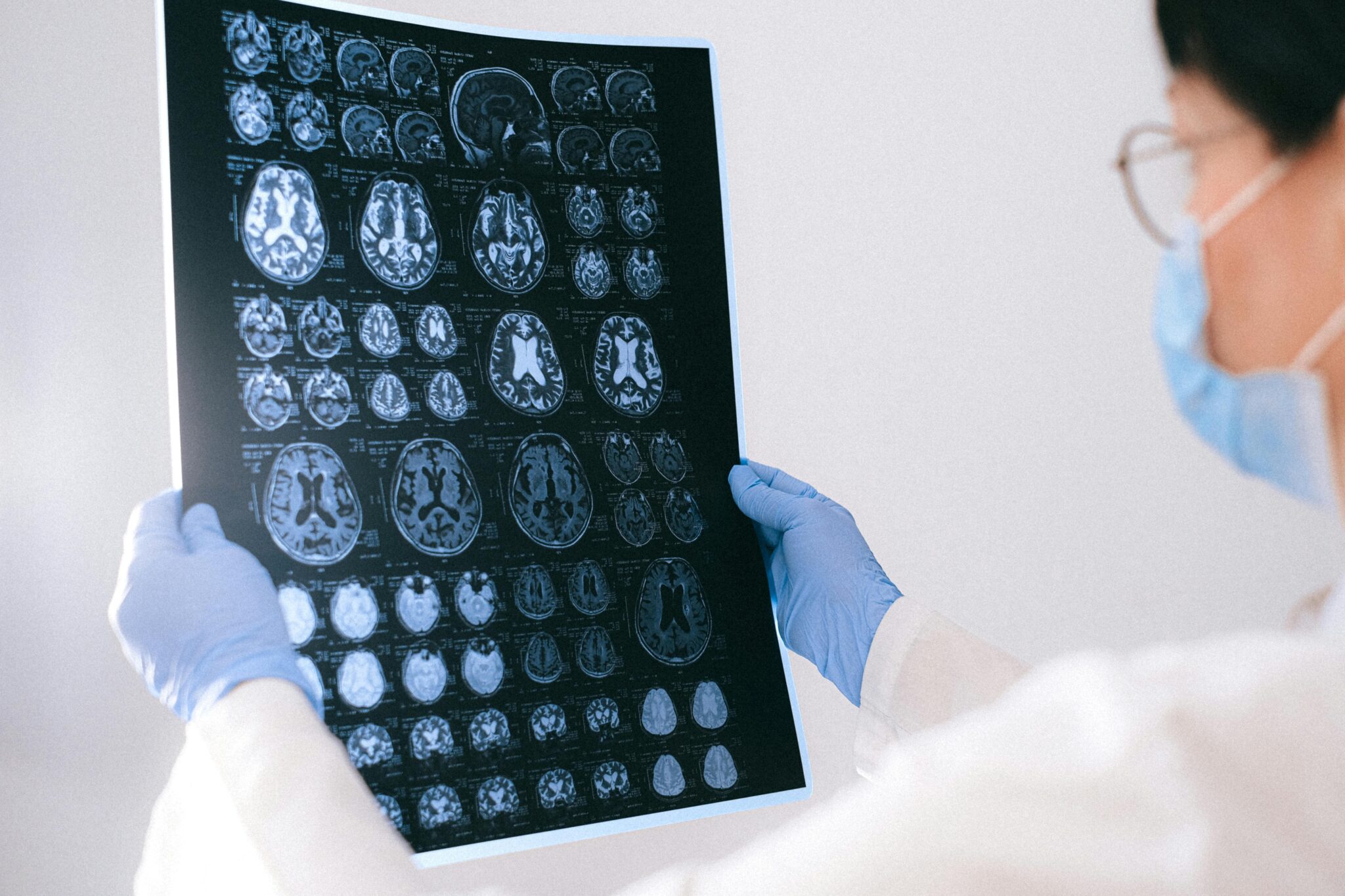Academy Award-winning actress Julianne Moore is using her platform to raise awareness about Alzheimer’s disease. Known for her powerful performance in the film Still Alice, Moore recently partnered with Eli Lilly & Co. to promote brain health. Her efforts focus on encouraging people to take proactive steps to reduce their risk of this progressive condition. As someone who has seen the impact of Alzheimer’s up close, Moore wants everyone to prioritize their brain health early in life.
Julianne Moore’s Journey with Still Alice
In 2015, Julianne Moore won an Oscar for her role in Still Alice. She played a linguistics professor diagnosed with early-onset Alzheimer’s at age 50. The movie showed the emotional and physical challenges of the disease in a heartfelt way.
- Research for the Role: When preparing for the film, Moore knew little about Alzheimer’s. She spent two months researching deeply. She watched movies about the disease, met doctors, visited care facilities, and talked to people at different stages of Alzheimer’s and their caregivers.
- What She Learned: “The amount I learned was tremendous. It was absolutely fascinating and really, really engaging and eye-opening,” Moore said in an interview. She discovered that Alzheimer’s is a progressive disease, not something that happens suddenly.
- Changing Views: For many years, people thought Alzheimer’s just “happened” as part of aging. Now, experts know it is a disease that needs attention and prevention efforts.
Moore’s preparation helped her portray the role accurately. It also sparked her interest in the topic, which continues today.
The Growing Impact of Alzheimer’s
Alzheimer’s affects millions of people in the United States. It is the most common form of dementia and can start early in life for some.
- Statistics on Young-Onset Dementia: About 200,000 Americans under age 65 have young-onset dementia. This shows the disease does not only affect older adults.
- Older Adults Affected: An estimated 7.2 million Americans ages 65 and older live with Alzheimer’s. The numbers are rising as people live longer.
- Gender Disparity: Nearly two-thirds of Americans with Alzheimer’s are women. This highlights the need for women to focus on brain health.
Ten years after Still Alice, Alzheimer’s feels more personal to Moore. “I’m seeing it in people I’ve worked with in my career and in people that I knew at my children’s schools,” she said. “So, it’s great to talk about this now.”
Partnership with Eli Lilly’s Brain Health Matters Campaign
Moore teamed up with Eli Lilly & Co. for the Brain Health Matters campaign. The program stresses the importance of proactive brain health to prevent or delay Alzheimer’s.
- Empowering People: The campaign encourages starting early with doctor conversations about risk factors. It promotes habits that support brain health throughout life.
- Public Interest: An estimated 4 in 5 Americans want to know if they have Alzheimer’s before symptoms appear. This shows a strong desire for early detection.
- Moore’s Message: “As we’re living longer lives, we want to live longer, healthier lives and take responsibility to do so,” Moore said. She urges people to discuss Alzheimer’s risk during checkups and consider lifestyle changes.
Moore believes in getting a cognitive assessment to check brain health before problems arise. This approach can help catch issues early.
Aging and Health Awareness
As Moore gets older, she thinks more about her health. “Certainly, when you are 18 or 20 years old, your health is the last thing you think about. You take it for granted. As you get older, you think about all this stuff all the time,” she shared.
While it may not be possible to fully prevent Alzheimer’s due to genetic and other factors, experts say lifestyle choices can lower the risk.
Expert Advice on Preventing Alzheimer’s
Hillary A. Parker, PhD, director of geriatric neuropsychology at The Ohio State University Wexner Medical Center, offers tips for brain health. She notes that younger years are key for building good habits.
1. Physical Strategies
Staying active and eating well can protect the brain.
- Exercise Regularly: Walking or any movement counts. It helps keep the body and brain healthy.
- Healthy Diet: Follow a Mediterranean or MIND diet, rich in fruits, vegetables, and whole grains.
- Avoid Harmful Habits: Don’t smoke, limit alcohol, and manage conditions like high blood pressure or diabetes.
- Sensory Health: Get regular eye and hearing exams. Untreated loss in these areas links to higher dementia risk.
“It is never too early or too late to get started,” Parker said.
2. Cognitive Strategies
Keep the mind active to build cognitive reserve, which helps the brain resist disease.
- Lifelong Learning: Pursue education or new skills.
- Mental Challenges: Do puzzles, play music, read, game, travel, or garden—anything that interests and challenges you.
- No One Best Method: “Research shows that there is no one brain training program or activity that is superior,” Parker explained. Find what works for you.
3. Social Strategies
Strong relationships support brain health and reduce risks like depression or isolation.
- Build Connections: Invest in friendships and family ties early and often.
- Benefits: “Strong social ties pay dividends across the lifespan including directly supporting brain health and mental wellness,” Parker said.
Understanding Memory Changes
Not all forgetfulness means Alzheimer’s. Many normal age-related changes happen without disease.
- Common Examples:
- Misplacing keys.
- Trouble finding words or the “tip of the tongue” feeling.
- Forgetting why you entered a room.
- Taking longer to finish tasks.
- Other Causes: Issues like depression, sleep apnea, alcohol use, diabetes, or infections can affect memory.
- When to Worry: If memory loss goes beyond normal forgetfulness, especially after age 50, see a doctor.
Parker advises a full checkup, possibly with a neuropsychologist or cognitive neurologist, to find the cause and create a plan.
Genetics and Family History
Genetics play a small role in Alzheimer’s for those over 60. Personal lifestyle often matters more. However, early-onset Alzheimer’s, like in Still Alice, has stronger genetic links.
If you have a family history, talk to your doctor about risks. Early action can make a big difference.
Why This Matters Now
Julianne Moore’s advocacy reminds us that brain health is key to a full life. By sharing her story and expert tips, she encourages open talks about Alzheimer’s. Starting small changes today—like exercise, social time, and doctor visits—can help everyone age with a sharper mind.
As awareness grows, more people are taking steps to protect their brains. Moore’s work with Eli Lilly shows how celebrities can drive real change in health conversations.






















